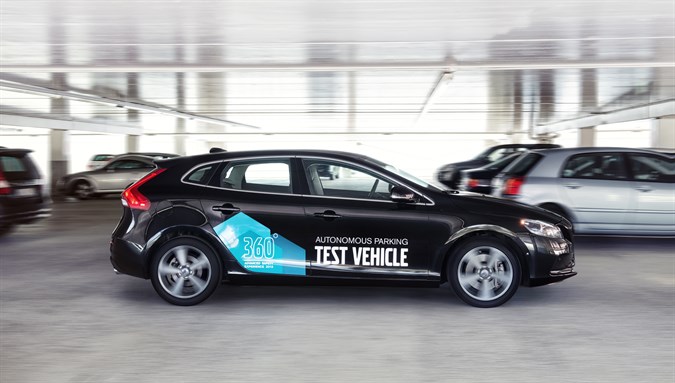
Buckle up, kids. This could be a bumpy ride.
As it stands, driverless cars must have some flesh and blood being in the vehicle while they’re being tested, just in case something goes wrong. But now, California’s Department of Motor Vehicles is looking for public feedback on proposed regulations that would not only allow for 100 percent driverless testing, but would also nix the requirements for traditional car controls like steering wheels and pedals (really, those become superfluous once you take out the human element).
Over the course of the next 45 days, the public is welcome to comment on the new guidelines. After April 24, there will be a public hearing to further discuss next steps, and the final rules ought to be completed by the end of 2017. Should things go according to plan, California transportation secretary Brian Kelly says that self-driving cars could soon go on sale in the state.
27 companies already have permission to test autonomous cars on public roads — there’s BMW, Tesla, Alphabet, and Baidu, along with a number of startups that are all looking to make your morning commute something of a snooze fest.
But don’t worry — we won’t be taking humans completely out of the equation. Any self-driving car must come with a remote operator who would be able to monitor the vehicle’s operation and communicate with those taking a ride. But hey, sometime soon, those passengers may not have to know how to operate their own vehicles. At least, not in the traditional sense.
Editors' Recommendations
- This cool-looking driverless truck is transporting goods for GE Appliances
- Dubai Police to deploy driverless patrol cars with AI smarts
- Big driverless buses are now serving passengers in Scotland
- Apple’s rumored car could cost the same as a Tesla Model S
- Watch folks react to their first ride in GM Cruise’s driverless car


